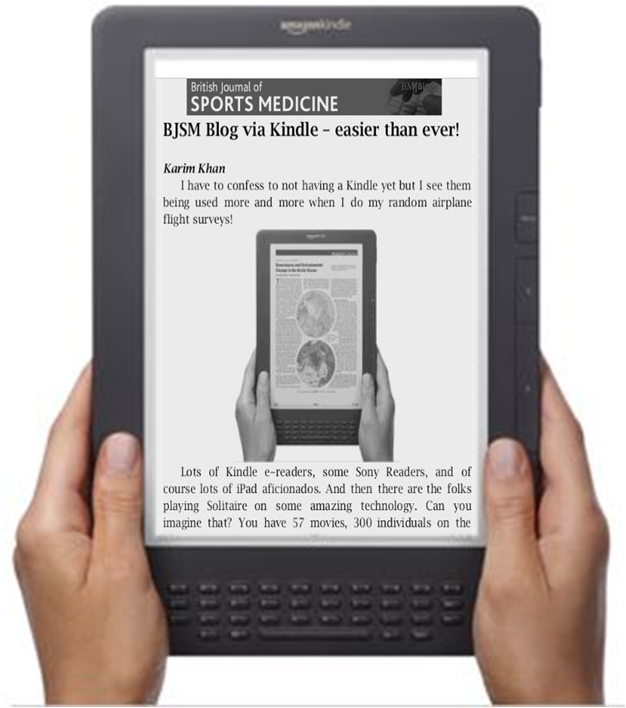40 years of the ebook: from Project Gutenberg to market domination
9 Sep, 11 | by BMJ
Project Gutenberg founder Michael Hart, who created the first ever ebook, has died aged 64. Launched in 1971 when Hart decided on a whim to type the US Declaration of Independence into a computer, Project Gutenberg is now one of the largest collections of free ebooks in the world. In 1998 he told Wired magazine that “20 or 30 years from now, there’s going to be some gizmo that kids carry around in their back pocket that has everything in it – including our books, if they want”. How right he was, though the rate of progress has been considerably quicker.
Amazon’s latest financial results reported that so far in 2011 its US wing had sold 120 Kindle ebooks for every 100 paperbacks. “Additionally, during this same time period the company has sold three times as many Kindle books as hardcover books,” the company said in a statement. But is the ebook movement really a “ferocious advance upon the bastions of literary culture“? Is it worthy of comparison with Johannes Gutenberg’s 15th century printing press in terms of milestone status?


